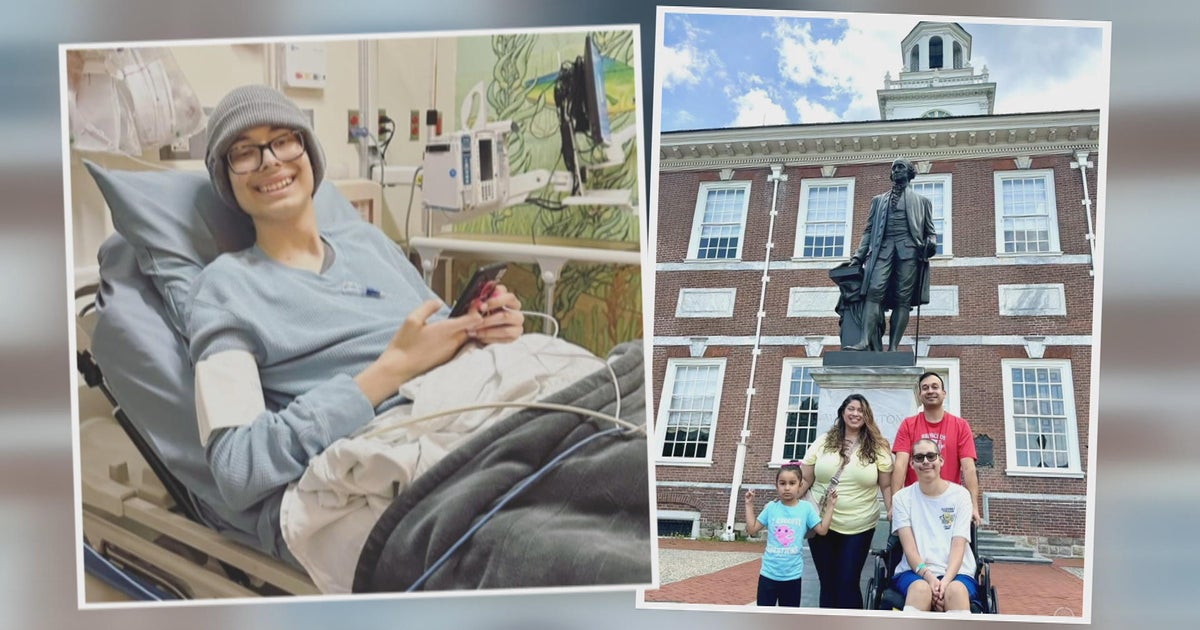Study Finds Many Common Cancer Treatment Drugs In Short Supply
By Pat Loeb
PHILADELPHIA (CBS) -- A new study from the University of Pennsylvania shows a widespread shortage of several drugs used to treat common cancers.
And the study says the shortages are having an impact on patient care.
Eighty-three percent of the doctors surveyed by Penn said they'd been unable to get the drugs needed to treat their patients, and had to compensate by delaying treatment, lowering the doses, or substituting a more expensive drug.
The study's senior author, Dr. Keerthi Gogineni of Penn's Abramson Cancer Center, says especially hard hit are the drugs used to treat pediatric, blood, and intestinal cancers. These are not exotic drugs, she says.
"We're talking about drugs we use to treat colon cancer and breast cancer and leukemia," she tells KYW Newsradio, "so, common cancers that affect adults in the US."
She says the reasons for the shortages have to do with manufacturing capacity and the choices that drug companies make when they decide how to use that capacity.
"It's not surprising that in some instances the decision is to make the more expensive, profitable, branded agent rather than the less profitable generic," she explains.
The net effect is that in many cases, doctors are forced to improvise a new treatment.
"For each of these cancers there's a preferred way to treat," Gogineni says, "and what these shortages have forced is substitutions in the last several years. These are substitutions for which we sometimes don't have data about how that affects the outcome for a patient."
Gogineni is reporting the findings tomorrow at the American Society of Clinical Oncology. She says the study shows the need to develop formal guidelines for how to allocate the drugs.



